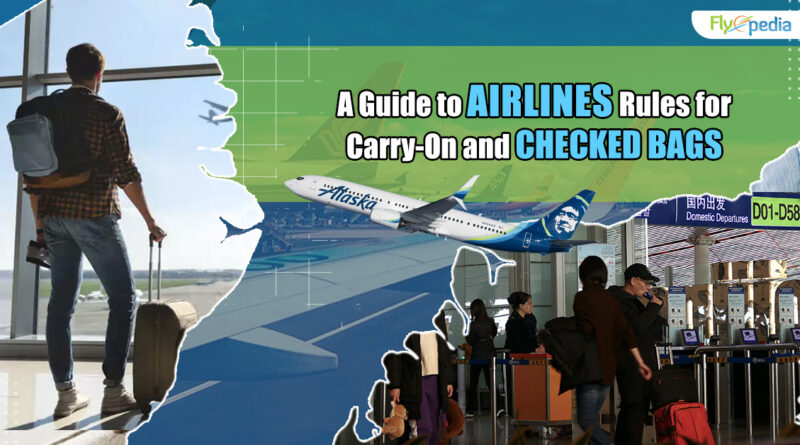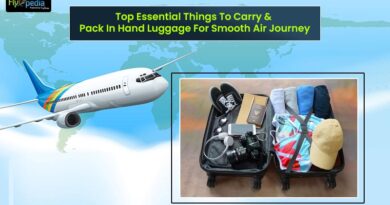A Guide to Airlines Rules for Carry-On and Checked Bags
When using an airline, you must abide by a number of laws, regulations, and restrictions regarding the baggage you can carry. Often, they use the kind of travel class, frequent flyer status, and routes taken to decide the rules. There are some limitations on what you can bring on board the flight, both in your checked bags and your carry-on luggage, to safeguard the safety of other passengers. When you book international flight tickets online you must examine the restrictions on how much luggage you can check in and any associated fees determined by the airlines. These guidelines may change depending on your frequent flyer level, the item you’ve bought, and the flight itinerary.
In this article, we have adhered to the general information for your better understanding of the rules controlling carried and carry-on luggage.
-
Checked Luggage
The checked baggage is carried on the very same aircraft in the baggage compartment. Most airlines impose regulations for transporting hold baggage on flights, and travelers should take note of the following points while packing for their journey.
-
Baggage Weight
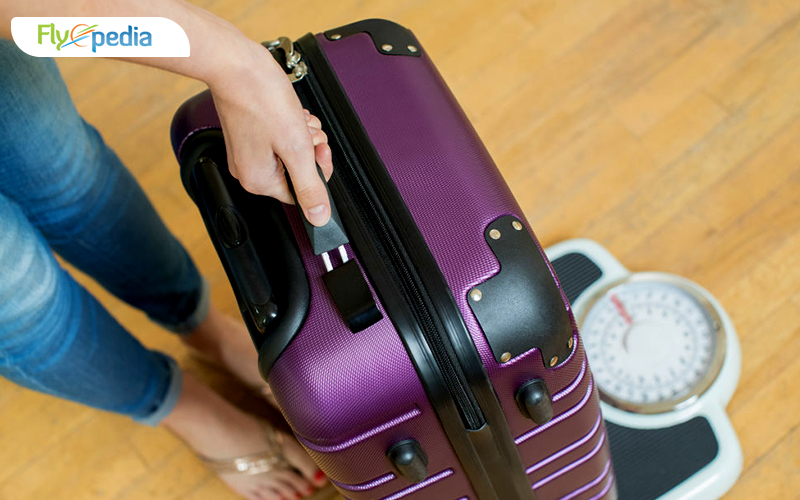
The allowance for the weight and number of items of baggage vary from airline to airline. After booking cheap international flight tickets, you must examine your respective airline guidelines before traveling and become familiar with the luggage allowance included with your airfare to avoid incurring any additional costs. According to the international rules set for the health and security of airport workers who lift hundreds of baggage daily, you must ensure that your luggage does not exceed 23KG/ 50LBS in weight. If your baggage exceeds the specified weight limit, the airline staff may request you to repack your bags or label them as “heavy baggage.
In Europe and the United States, the maximum weight for one bag must be 32Kg/ 70LBS, though some airlines have more subordinate limitations. When you book online flight tickets from USA to India, always check the baggage guidelines of the concerned airlines.
-
Label
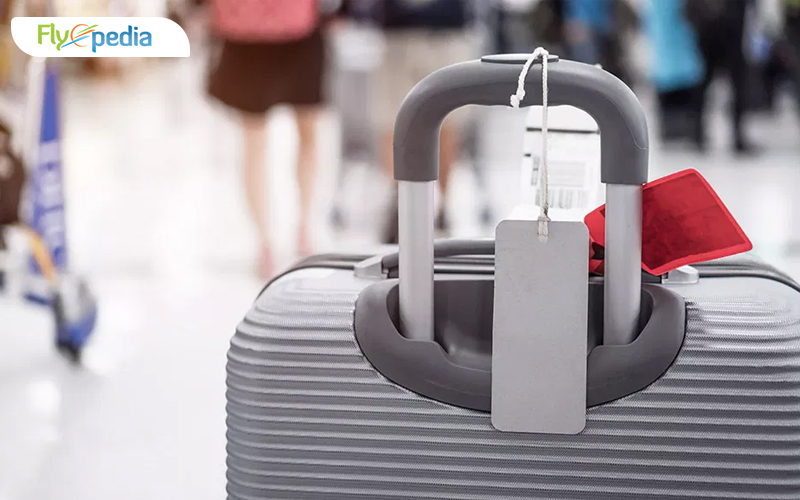
The luggage tag coming off the suitcase is a common cause of lost luggage. When you book international flight tickets online, make sure your personal identity, contact information, and email account are visible outside of your luggage and a copy of your travel itinerary is inside of your bag to enable identification of your bag in all circumstances. The airline will have to open your suitcase if there is no other way to identify it, and this identification item will be essential to getting your belongings back.
-
Precious Items
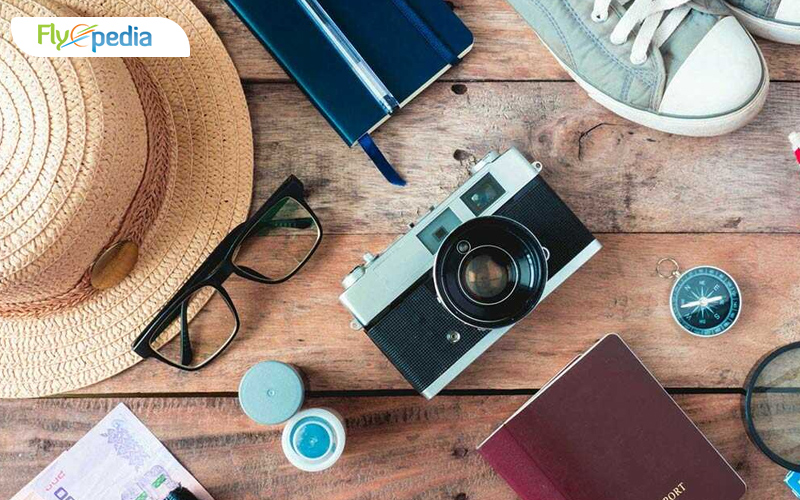
Airlines strongly advise against loading valuables or precious items in checked bags, as there is a risk of theft from passenger luggage, including gadgets, cash, and other valuable items. In such situations, the airlines do not have an obligation to provide any compensation. According to the airline’s contract of carriage, jewelry and other valuables are not the airline’s responsibility, which is remarkably explicit.
-
Banned Items
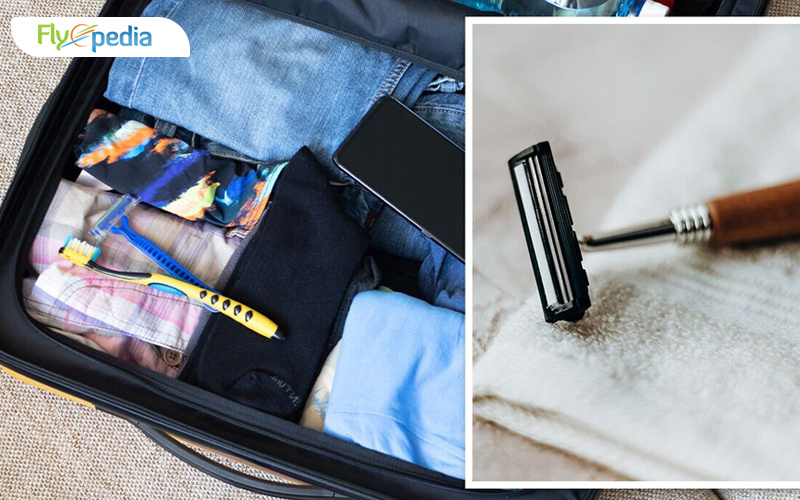
You are not permitted to take portable power supplies (power banks), spare batteries, or electronic cigarettes/vapes in your checked luggage. Gas canisters, lighters, pyrotechnics, bleach, and other materials are prohibited from being transported in checked luggage. When you book last minute flight tickets, consult your airlines if you are anxious that something you have packed might not be permitted. In the event that you bring in items that are deemed too severe to examine, they will probably be yanked and will not be handed back to you. Ideally, it is recommended that all portable electronic devices be carried onboard, however, if you have to pack them in checked luggage, you must make sure that they are fully off and not in sleep or hibernation modes.
-
Carry-On Luggage
A carry-on bag is smaller than a checked bag and may be taken into the cabin. Almost all airlines permit one carry-on bag, which can accommodate in the aloft cabinet of the plane.
The screening surveillance filters carry-on/ cabin luggage by passing it through X-ray equipment to determine if an item is permissible for travel. The checkpoint always has an option of allowing you to keep items in check luggage if they are not permit at the checkpoint.
Passengers can bring a briefcase, laptop bag, small handbag, or purse, and a small backpack in the cabin that they can put under the front seat in addition to their carry-on baggage. While packing for travel, passengers should acknowledge the following points as almost all airlines have regulations for carry-on bags in the airplane cabin.
-
Weight

The quantity of carry-on luggage permitted varies depending on the airline, the quality of service you are flying, and even the size of the aircraft. As a general rule, carry-on luggage should not exceed the following dimensions: 22 in (56 cm), 18 in (45 cm), and 10 in (25 cm). These measurements take wheels, handles, side pockets, etc. into account. Additionally, some airlines have weight limitations, which normally begin at 5 kg/11 lbs. When you book international flight tickets online, please confirm the carry-on baggage allowance included with your airfare with your airline prior to flying to prevent incurring any extra expenses. While traveling with an airline, you should check its website for the most recent information on carry-on baggage restrictions.
-
Liquids

Safety standards restrict the quantity of liquids or gels allowed in carry-on luggage. Policies establish by the International Civil Aviation Organization, which is the UN organization responsible for regulating aviation standards. The current International Civil Aviation Organization (ICAO) requirements for liquids must be in containers 100ml or equivalent, stored in a clear reclosable plastic bag with a maximum capacity of 1 liter in most countries. Passengers should reveal these plastic bags separately from other carry-on items during screening. Exemptions include medicines, infant food and milk, and special dietary needs. In some airports, powders in quantities more than 355ml/12 ounces must also undergo additional screening.
-
Portable Electronics
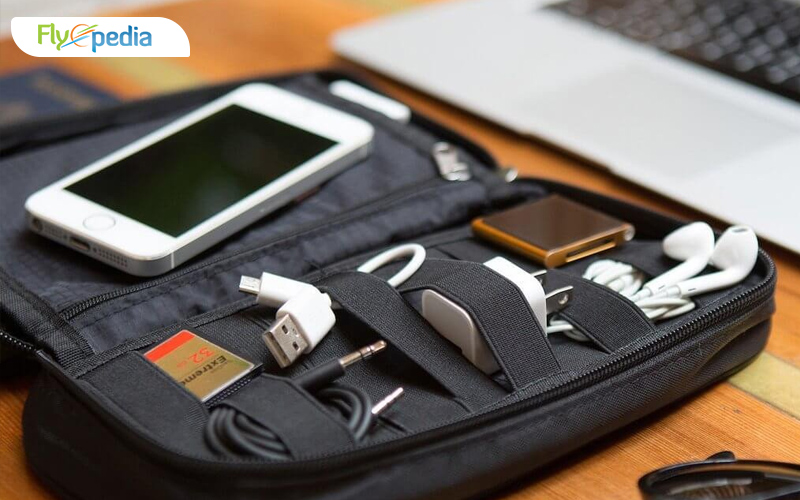
The airline instructs all passengers to keep all portable electronics in their carry-on luggage. It might be necessary to present laptops, tablets, and mobile phones individually at security checks for additional inspection. After booking cheap international flight tickets, you must always re-check your checked luggage if you are traveling with extra batteries, electronic cigarettes/vapes, or a backup power source. To avoid short circuits, passengers must pack spare batteries individually.
-
Medications

If you need to use medicinal needles during the flight, such as for insulin, you must provide written documentation of your medical condition and ensure that you package and label the supplies adequately. If not, security checkpoints will likely take out the prescription.
-
Honed Entities
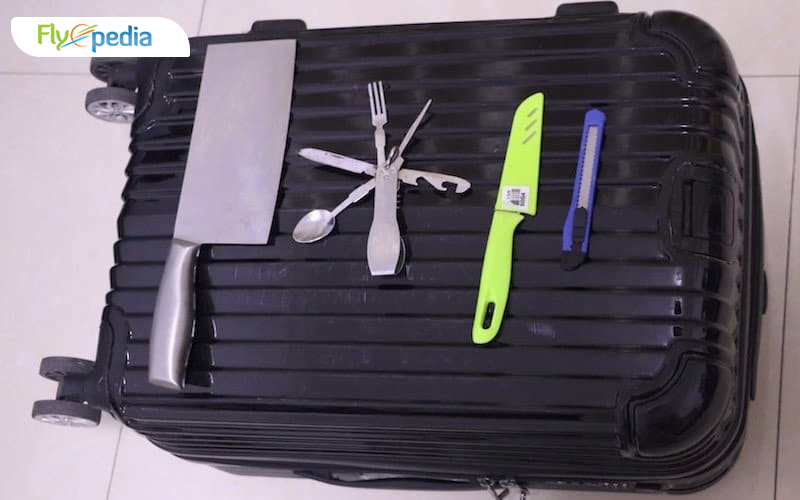
Passengers must place all blades, cutting utensils, other sharp objects of any kind, size, made of metal or another material, as well as various sporting equipment, in checked baggage. They cannot transport cabin luggage or the individual.
-
Carry-on Baggage Placement
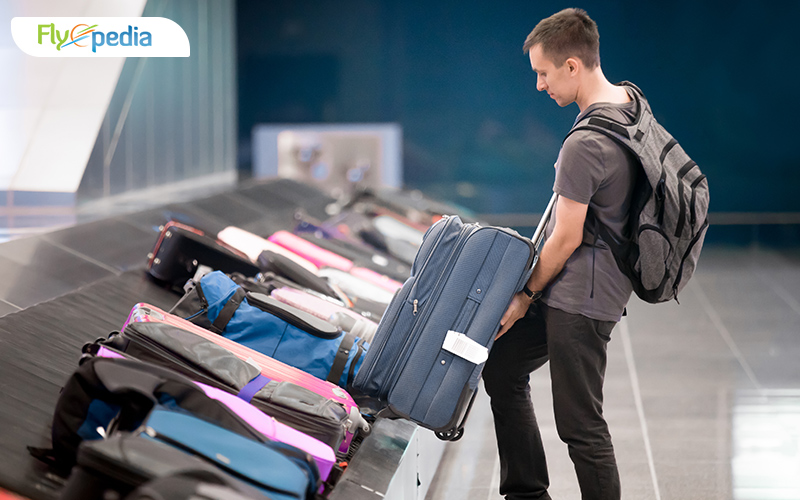
After boarding the airplane, passengers must stow all cabin baggage promptly for safety reasons. You can stow your bags in the overhead bins or under the front seat. Passengers seated near an emergency exit or without a seat in front must store all their belongings in the overhead bins. The cabin crew or ground workers will assist passengers by placing their bags in the cargo hold if there is insufficient space on board or if bags need to be remove at the gate. Remember to remove any portable electronic devices, spare batteries, and medications from your bag before booking last-minute flight tickets. Leave your carry-on items securely stored, and follow instructions from the crew in case of an emergency.
-
Keep Your Carry-on Luggage Secure
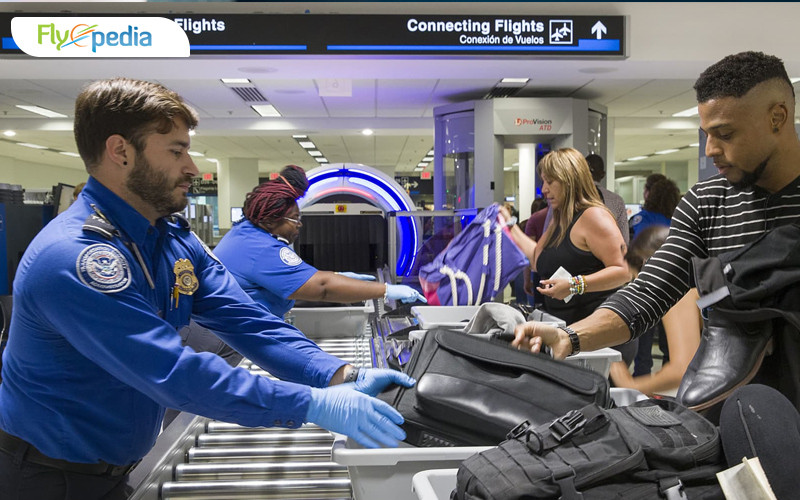
To abstain from any safety alerts, never leave your bag unattended while in or around the airport terminals. Fastening your bags will undoubtedly be a smart move against any theft.
Since there are always peculiarities in the regulations so, always check the permittance of the respective airline with whom you are flying to re-ensure the size and weight limitations of the baggage. Pack personal belongings safely in both the cabin luggage and checked baggage to avoid breakage during the flight transport.

